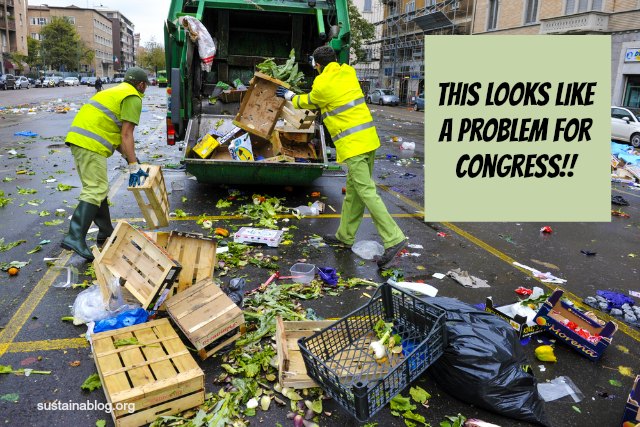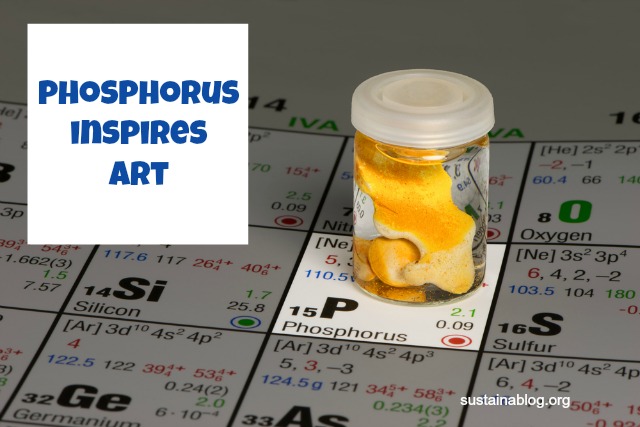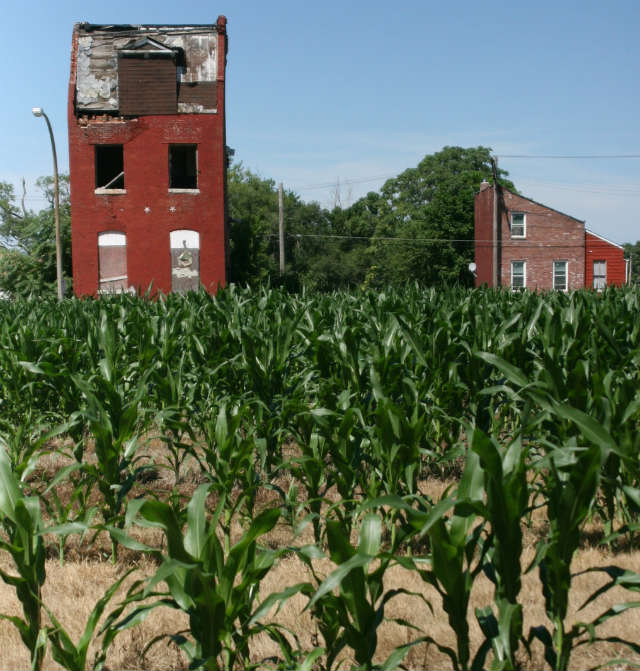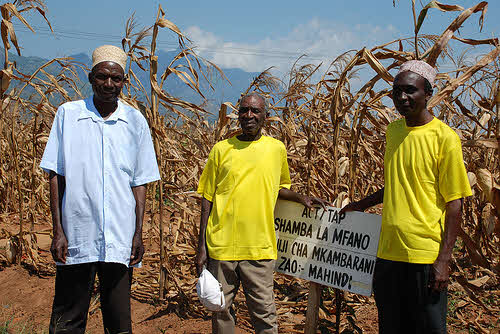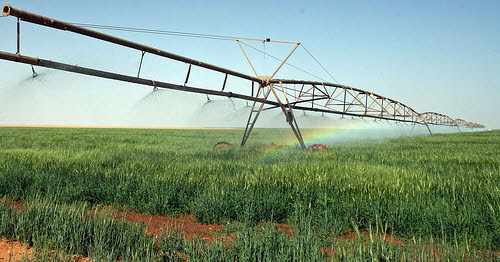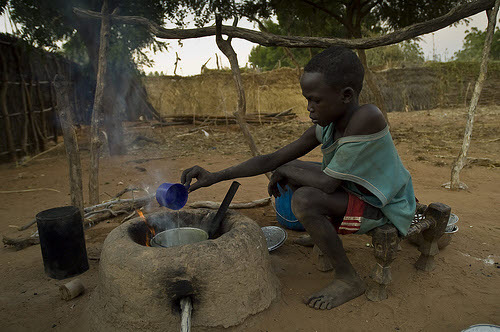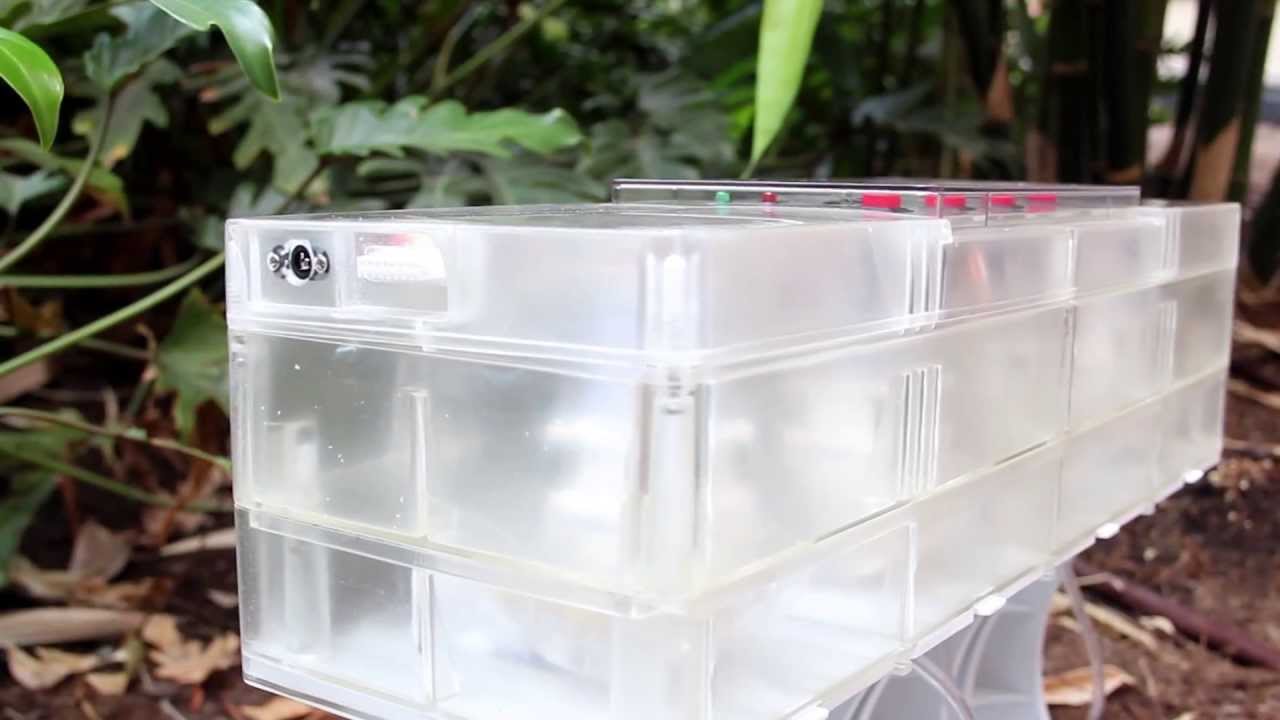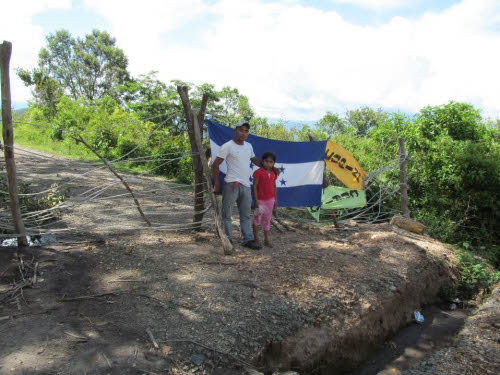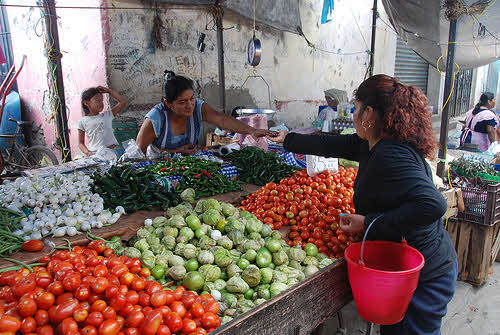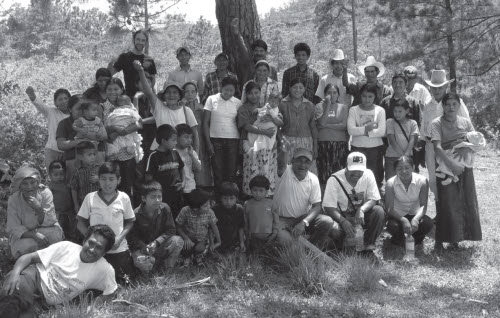Rep. Chellie PIngree’s proposed Food Recovery Act would address food waste in America in a comprehensive fashion.
Tag: agriculture
Phosphorus Recovery Inspires Electronic Art
Recovering wasted phosphorus is the subject of a new Chicago-based electronic art exhibit that’s available on your smart phone or tablet.
Variations on the Farming Community: How Sustainable are They?
A farming community may seem like the epitome of sustainability… but only if overall design fully takes people & planet into account.
Full Planet, Empty Plates, Chapter 6. Peak Water and Food Scarcity
Editor’s note: We’re proud to support the Earth Policy Institute’s online publication of Lester Brown’s book Full Planet, Empty Plates by publishing selections from the book. If you missed other installments, you can [ … ]
Many Countries Reaching Diminishing Returns in Fertilizer Use
By Lester R. Brown When German chemist Justus von Liebig demonstrated in 1847 that the major nutrients that plants removed from the soil could be applied in mineral form, he [ … ]
10 Things to Know About Food on World Food Day
Today is World Food Day. It offers the opportunity to strengthen national and international solidarity in the fight to end hunger, malnutrition, and poverty. With falling water tables, eroding soils, and rising temperatures making it difficult to feed growing populations, control of arable land and water resources is moving to center stage in the global struggle for food security.
Healthy Soil: a Human Right? #BAD13
Human rights assume an individual’s ability to take advantage of them… which is difficult if you’re hungry. So, for this year’s Blog Action Day, we’re thinking about soil health, which we think is critical to fighting hunger and supporting equal opportunity.
Hydroponic Gardening Made Easy: Sustainable Microfarms’ Automated Controller System
Sustainable Microfarms is a socially-focused startup developing products for making food production more efficient. They’re raising funds to launch their first product, which could make even the most chemistry-phobic of us consider trying out hydroponics.
Harvesting Justice 28: Defending Indigenous Land & Water in Honduras – the Case of Rio Blanco
On September 12, Berta Caceres, Tomás Gomez, and Aureliano Molina, leaders of the indigenous Lenca organization Council of Popular and Indigenous Organizations of Honduras (COPINH) must appear in court. Their charges? Usurpation of land, coercion, and causing more than $3 million in damages to DESA, a hydroelectric dam company. Berta, the general coordinator of COPINH and an internationally recognized social movement leader, is also facing separate charges of illegally carrying arms “to the danger of the internal security of Honduras.”
Harvesting Justice 27: The Ancestral Values We Inherited – Protecting Indigenous Water, Land, & Culture in Mexico
“Within our indigenous community of Xoxocotla, we continue to hold the ancestral values we inherited. It never crosses our mind to leave them behind. Because in daily life we are always in contact with nature, with our lands, with our water, with our air. We live in harmony with nature because we don’t like the way that modernity is advancing, destroying our territory and our environment. We believe technological modernity is better named a death threat.”- Saúl Atanasio Roque Morales
Harvesting Justice 26: “They Fear Us Because We’re Fearless” – Reclaiming Indigenous Lands & Strength in Honduras
Multinational corporations are moving into Central America to exploit gold and other minerals, rivers, forests, and agricultural lands. One area of high interest in the corporate feeding frenzy is the indigenous Lenca region in the southwest of Honduras. The government has given outside businesses concessions to dam, drill, and cut, in violation of national law and international treaties. More corporations have simply moved in on their own.
Harvesting Justice 25: Without Our Land, We Cease To Be a People – Defending Indigenous Territory & Resources in Honduras
“We live on the Atlantic coast of Honduras. We are a mix of African descendants and indigenous peoples who came about more than 200 years ago in the island of San Vicente. Without our land, we cease to be a people. Our lands and identities are critical to our lives, our waters, our forests, our culture, our global commons, our territories. For us, the struggle for our territories and our commons and our natural resources is of primary importance to preserve ourselves as a people.”
Harvesting Justice 24: We Don’t Have Life without Land – Holding Ground in Honduras
Consuelo Castillo, a community organizer in Lempira, a land reform settlement in Bajo Aguán, Honduras, said, “Our goal is for everyone who is part of the land occupations to have access to land. Land is our first mother. For us farmers, we don’t have life without land.”

